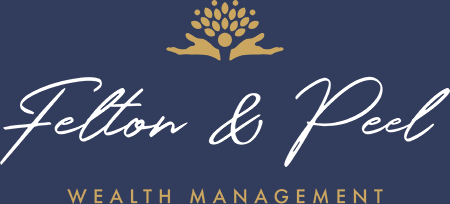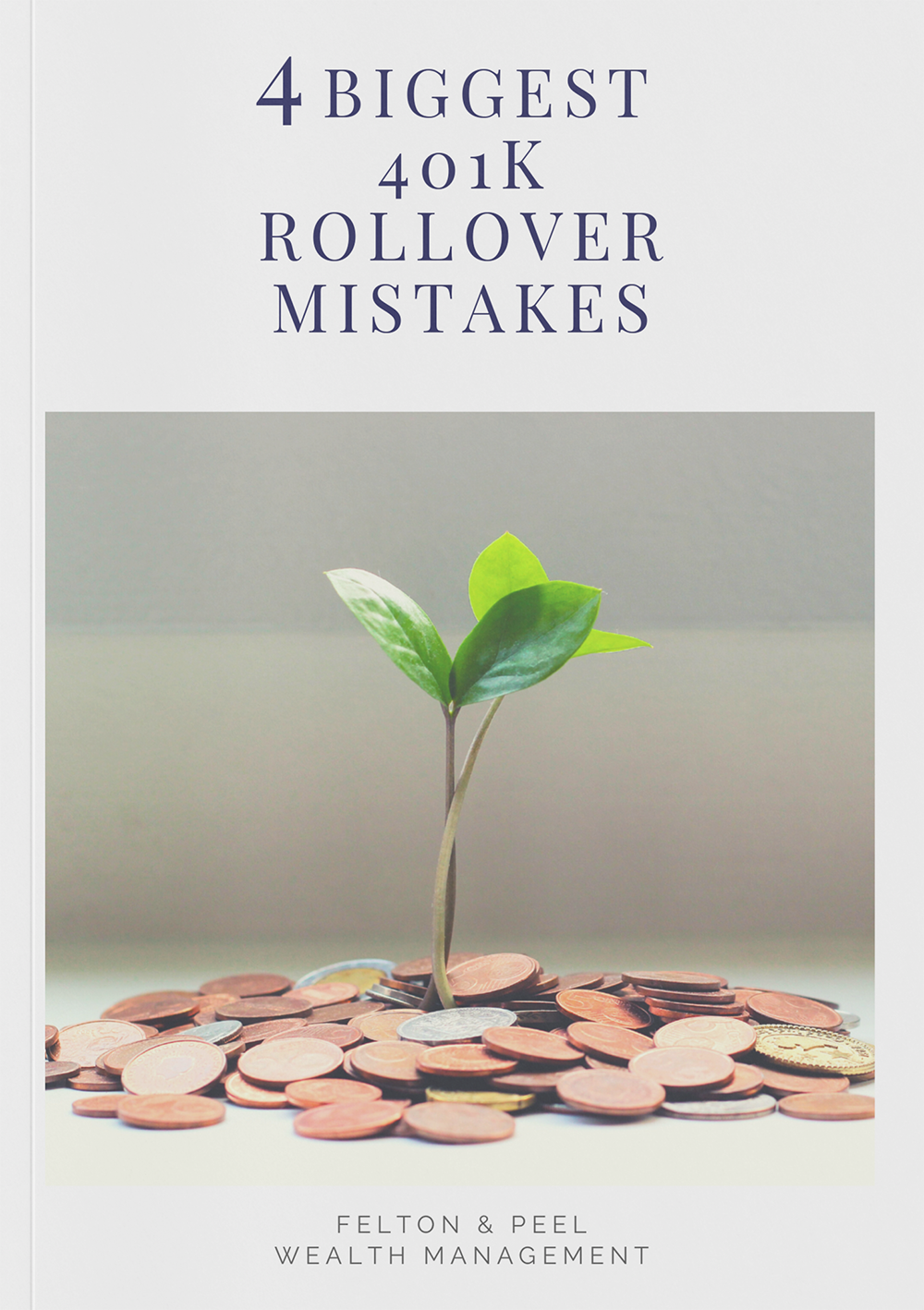
The 4 Best-Kept Tax Benefits of a Private Foundation
When you hear the words private foundation, a few things may immediately come to mind—scholarships and grants for students, fundraising events, programs and initiatives, and galas.
The common denominator? Philanthropic intent. (And, yes, tax benefits for donors.)
While donating to public charities may already be a practice in your financial and philanthropic toolbox, high-net-worth individuals may want to seriously consider donating to their own private foundation—to explore the depths of the potential tax savings (and fulfillment) that arrangement can bring.
But is it really worthwhile? And how can you get started? Here are four ways donating to your private foundation can help preserve your wealth.
First: What is a Private Foundation?
Before we dig into the potential income tax deduction you can get by contributing (or donating) to one, let’s first touch on the definition of a private foundation.
A private foundation is a 501(c)(3) organization, usually established by a person, family, or group of like-minded individuals for the purpose of granting money to charitable causes. While most think of a public charity when it comes to making tax-deductible contributions, contributions to a private foundation work a bit differently.
1. Charitable Tax Deduction
Charitable contributions to a private foundation are eligible for a tax deduction of up to 30% of the donor’s adjusted gross income (AGI). So, for example, if a donor with an AGI of $1 million contributes $250,000 to their private foundation this year, the donor will be eligible for a full tax deduction of the entire amount (since $250,000 is less than 30% of the donor’s AGI).
A quick note: Keep in mind that this example assumes a cash donation. If non-cash contributions (like stocks or art) are made to a private foundation, the donor can only deduct up to 20% of their AGI.
Let’s assume a high-income founder of a private foundation lives in a state with high income taxes, and their overall income tax rate will be 49.3%. (Yikes.) Based on the $1 million AGI above, the founder would owe $493,000 in federal and state income taxes. On the other hand, with a $250,000 cash contribution to their private charity, they would now owe $370,000 in federal and state income taxes. That’s an income tax savings of $123,000!
As you can see, the maximum charitable deduction thresholds for private foundations are vastly different from those for public charities.
While your private foundation contributions are around 20% and 30%, public charities can go as high as 60% of your AGI for cash donations—or 30% for non-cash donations.
2. Savings on Capital Gains Taxes
While income tax deductions may receive most of the spotlight when it comes to the financial benefits of a private foundation, there are other tax benefits, too. One great example: capital gains tax savings.
Some of the most common items subject to capital gains taxes include property that can appreciate in value, such as:
- stocks and bonds
- real estate (and even the timber that may lie on the real estate)
- business interests
- collectibles
- cryptocurrency
The tax deduction for these contributions to a private foundation usually maxes out at 20% of the donor’s AGI. Digging a bit more into the weeds here, the deduction may be limited to the lower of the fair market value of the asset or the cost basis.
Should a donor decide to donate highly appreciated property, however, they would receive that same income tax deduction of up to 20% of their AGI—and also avoid the tax bill that would otherwise have been generated by selling the property.
As you can imagine, for those in high-income tax states that also levy their own state capital gains taxes, like California, New York, New Jersey and Washington D.C., a private foundation can help preserve a substantial amount of wealth.
3. Tax-Free Growth on Contributions
At this point, you can probably see how establishing a private foundation can significantly increase your direct tax savings. But there’s more! Another benefit to establishing and making contributions to a private foundation: The private foundation itself can also enjoy income-tax-free growth on those contributions.
When contributions are made to a private foundation, they rarely sit dormant in an account without much activity. Instead, they’re usually invested to optimize returns over the long term. While the private foundation will be subject to a 1.39% excise tax on its net investment income and a 5% minimum required distribution of its assets, in theory, these tax requirements are a small price to pay while your foundation’s assets benefit from tax-free growth.
As more contributions are made, these tax savings allow your assets to grow substantially without the headwind of taxes.
4. Providing a Livelihood for Your Family in the Process
Even after all the potential tax savings provided by private foundations, there’s still another substantial financial benefit—this time through employing family members.
Although subject to many compliance restrictions and regulations (like avoiding self-dealing transactions with disqualified persons), private foundations can generally employ and compensate a founder’s family members if two primary conditions are satisfied (among others):
- The personal services are “reasonable and necessary” to carry out the foundation’s exempt charitable purposes, and
- the compensation is neither unreasonable nor excessive (i.e., compensation must be in line with the normal salary range for the family member’s position).
Some employment positions the family member can hold might be in administration, finance, legal, communications, program officiation, grant management, or even executive directing. Of course, the family member must be qualified to perform the job duties required of them.
Since the salary paid to the family member employee is a necessary business expense of the foundation, it, too, can be written off as a tax-deductible expense of the foundation. And that’s all while you’re working to do something wonderful in the world.
All in all, a private foundation offers a unique opportunity for individuals to strategically manage their wealth, minimize their tax liability, and leave a lasting social and familial impact through charitable giving. While creating a foundation may seem like a tactic reserved for the ultra-wealthy, any high earner can benefit. It’s worth consulting with your tax advisor to see if this powerful strategy could work for you.
At Felton and Peel, we aim to ensure alignment between your legacy investment vehicles and your overall financial goals and values. Schedule a consultation with us today to get a customized picture of the best way for you to lower your tax liability—and possibly even change the world.







